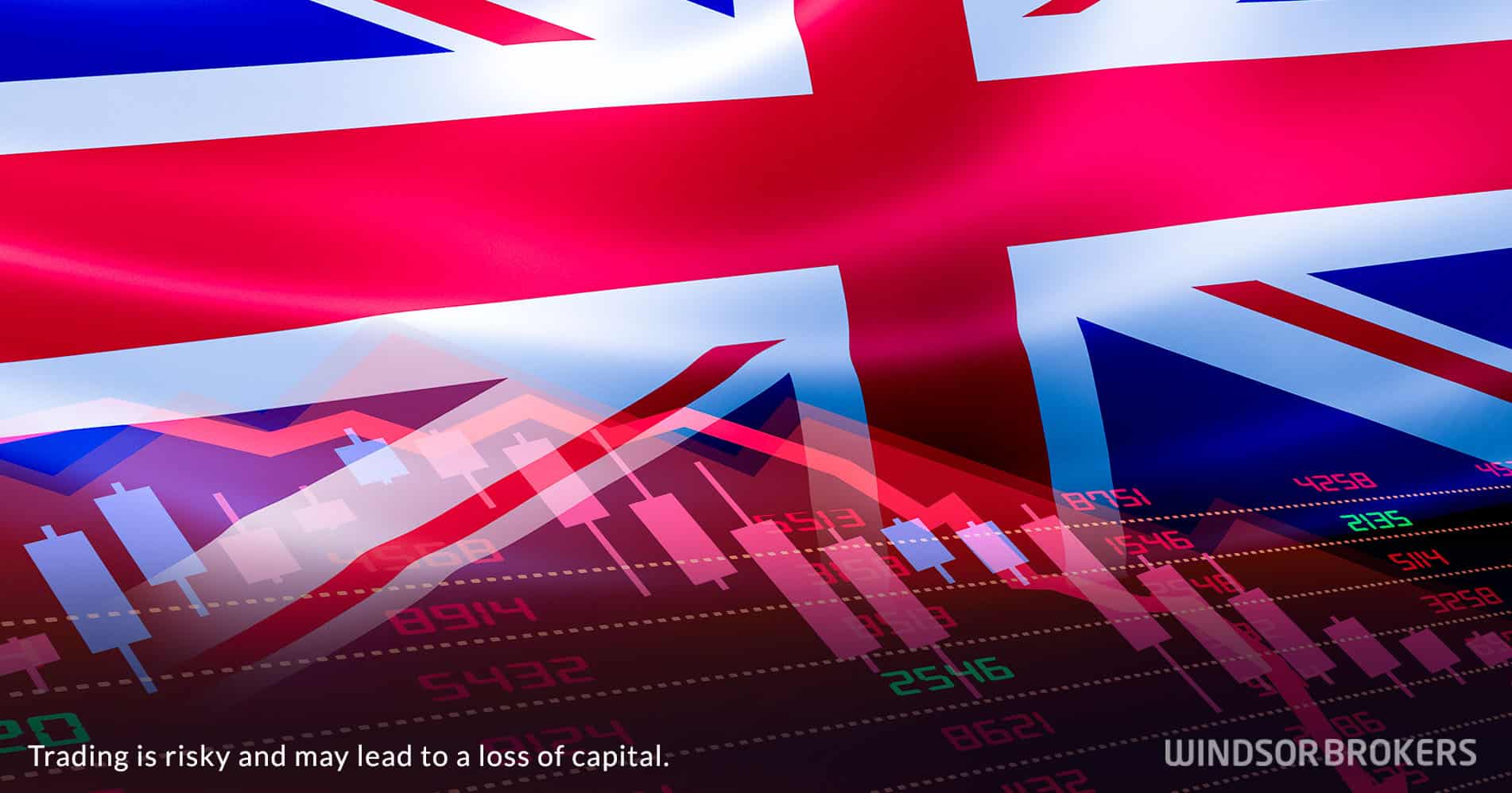UK economic growth slowed in July
Britain’s economic growth was flat in July, following a sharp drop in factory output. This matched expectations for a slower start to the second half of 2025 but was still disappointing for the government ahead of November’s budget.
Official figures showed that gross domestic product (GDP) in July was 1.4% higher than a year earlier — unchanged from June’s annual growth rate, but slightly below the 1.5% growth forecast in a Reuters poll.
The manufacturing sector, which accounts for 9% of the economy, experienced its biggest fall in a year, with output down 1.3% in July. The decline was led by drops in computers, electronics, and pharmaceuticals.
However, the much larger services sector posted a modest 0.1% rise in the month, slightly beating expectations.
After a strong first half of the year, economists expect slower growth in the second half as US tariffs continue to weigh on the global economy. At the same time, Britain faces headwinds from rising inflation and uncertainty over likely tax increases later this year.
UK Finance Minister commented that the economy isn’t broken, but it does feel stuck.
Economists view July’s slowdown as a potential signal of a more restrained period ahead, with higher inflation and rising job losses likely suppressing activity in August, despite a possible uplift from warm weather.


